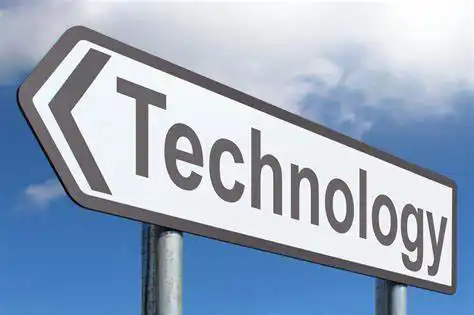The Concerns of Pope Francis
The Pope has expressed concern over the rapid technological advancements, particularly in the field of Artificial Intelligence (AI). In his view, the unchecked proliferation of AI can lead to a 'technological dictatorship'. This dystopian prospect arises from the potential misuse of AI by those in power, leading to a society where AI and technology predominate over human judgment and values.
The unfettered progression of AI and machine learning technologies could incidentally create a system where algorithms make and enforce decisions. This infers a world where humans completely depend on technology, as a result, becoming subjects to it rather than beneficiaries. These concerns spotlight the frightening prospect of an emerging 'technological dictatorship.'

To thwart this reality, Pope Francis emphasized the urgent need for regulatory mechanisms. Potential regulations could ensure that AI development aligns with core societal values and ethics, thus preventing its misuse.
He underscored this issue at a recent conference on Ethics in the Digital Age, where he pointed out the vast potential of AI, but also its risks if left unchecked.
Effects of Uncontrolled AI Growth
As we increasingly integrate AI into our lives, the possibility of a world controlled by algorithms grows as well. Algorithmic decision-making has bearings in every aspect of life, from our jobs to the economy, and can ripple across society affecting individual freedom, autonomy, and privacy.
Besides giving insights for better productivity and efficiency, AI could also create socio-economic inequalities. These disparities are a result of uneven access to AI technologies or the loss of jobs due to automation.
Furthermore, audit trails for decisions made by AI systems are often unclear. This feeds into ethical issues related to transparency and accountability, resulting in the rise of what Pope Francis labels as a 'technological dictatorship.'
The potential for surveillance and control is another worrying aspect. AI can provide tools for mass surveillance and the potential violation of human rights and privacy.
Pointing Towards a Solution
Given these concerns, Pope Francis has called for the implementation of mechanisms to regulate AI development and its applications. These recommendations echo the sentiments of various human rights and AI ethics advocates who underscore the importance of an ethical approach to AI.
Potential regulations could include AI transparency audits, privacy assurances, and mechanisms to maintain a human touch in AI decisions. Such guidelines can prevent infringement on human rights while allowing society to benefit from technological advancements.
He further emphasized that universal access to these advancements is necessary to prevent socio-economic disparities. Technology should contribute to the betterment of humanity rather than exacerbating existing inequalities, he added.
AI researchers and developers also have a significant role to play. They can contribute by developing AI technologies in a manner that respects human values and rights and preventing malpractices.
Is a 'Technological Dictatorship' Inevitable?
While Pope Francis warns of a potential 'technological dictatorship', it is not a foregone conclusion. With conscious decision-making and responsible regulation, we have the opportunity to harness the benefits of AI while mitigating the risks that it poses.
As we increasingly integrate AI into our lives, the creation of a fair and regulated AI ecosystem is paramount. It will help to foster transparency, accountability, and assurance of privacy in AI systems.
Furthermore, promoting digital inclusivity is crucial to reduce socio-economic disparities created by unequal access to AI technology. A comprehensive solution to these crises aids in preventing the rise of a 'technological dictatorship.'
Overall, it's important to remember that technology is our tool, and it should remain that way. The prospect of a world ruled by algorithms should be a cautionary tale, not our predetermined destiny.